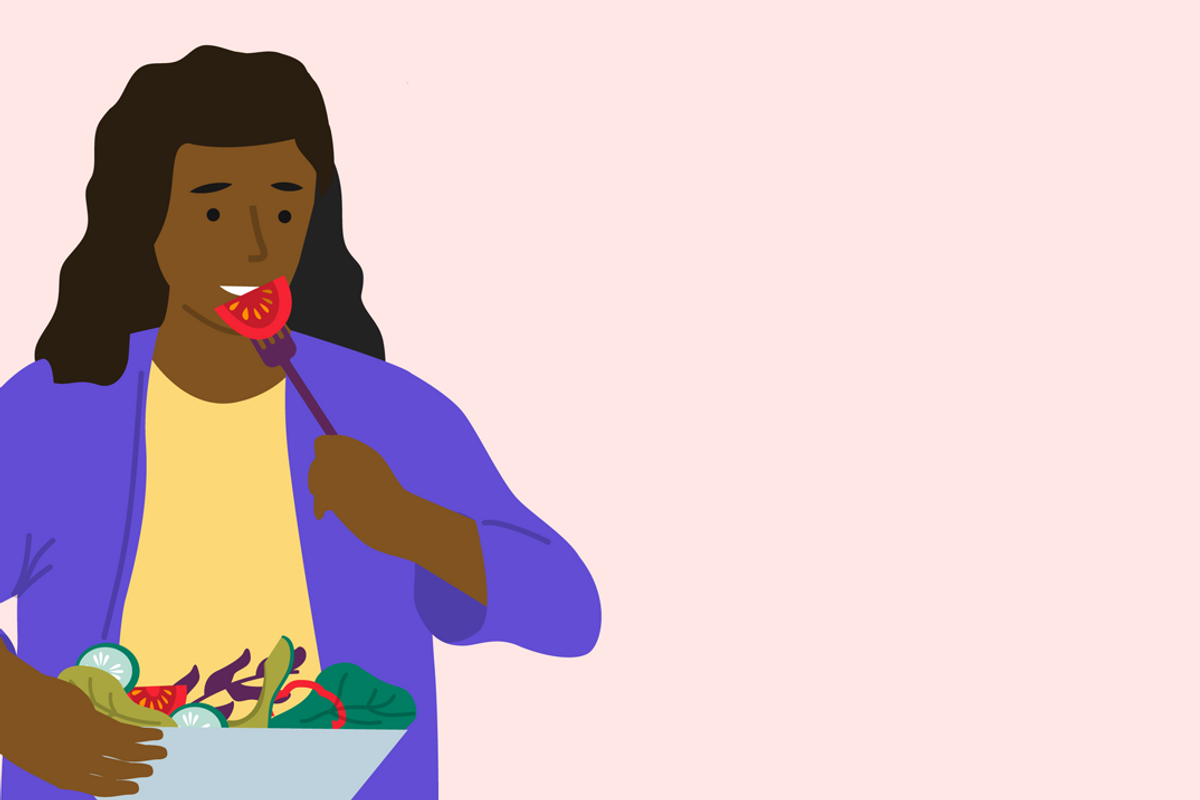
Good Nutrition Before and During Bladder Cancer Treatment
Here’s how nutrition can help you during and after bladder cancer treatment
Apr 01, 2024
Apr 10, 2024
Conditions & Treatments
Alex Fulton has been working in the wellness field for more than 20 years. She has written extensively about integrative medicine, herbalism, supplements and other topics related to holistic health. Alex also focuses on issues related to women's health, from menstruation to menopause. She has collaborated with physicians, midwives and functional medicine practitioners to promote natural approaches to health care for women. She has a BA in English from the University of Wisconsin-Madison.
Full BioLearn about our editorial policies

Here’s how nutrition can help you during and after bladder cancer treatment
Medically reviewed by Nichole Andrews, RDN
Eating well is a great way to support your body during and after treatment for urothelial bladder cancer (UBC).
Focus on good nutrition with:
Following a Mediterranean or other heart-healthy diet can help protect you from damaging inflammation. It may also help relieve treatment-related symptoms such as fatigue.
Heart-healthy foods
Fiber-rich foods
Foods that are high in fiber can help prevent digestive issues that you may experience as a side effect of cancer treatment.
High-fiber foods
Plenty of protein
Protein is key to keeping muscles strong and the immune system healthy. If you’re getting cancer treatment, you may need extra protein to help maintain muscle, heal tissue and fight infection.
Good sources of protein
Some foods can do more harm than good during and after cancer treatment.
Avoid these foods:
Don’t forget to drink water
Getting enough water may be particularly important for people who are dealing with side effects of cancer treatment that can lead to dehydration, such as vomiting and diarrhea.
If you drink tap water at home, consider having it tested for arsenic. High levels of arsenic in drinking water may increase bladder cancer risk. (You might also want to get a water filter if you don’t have one already.)
5 tips for when eating is hard
This educational resource was created with support from Astellas and Pfizer.